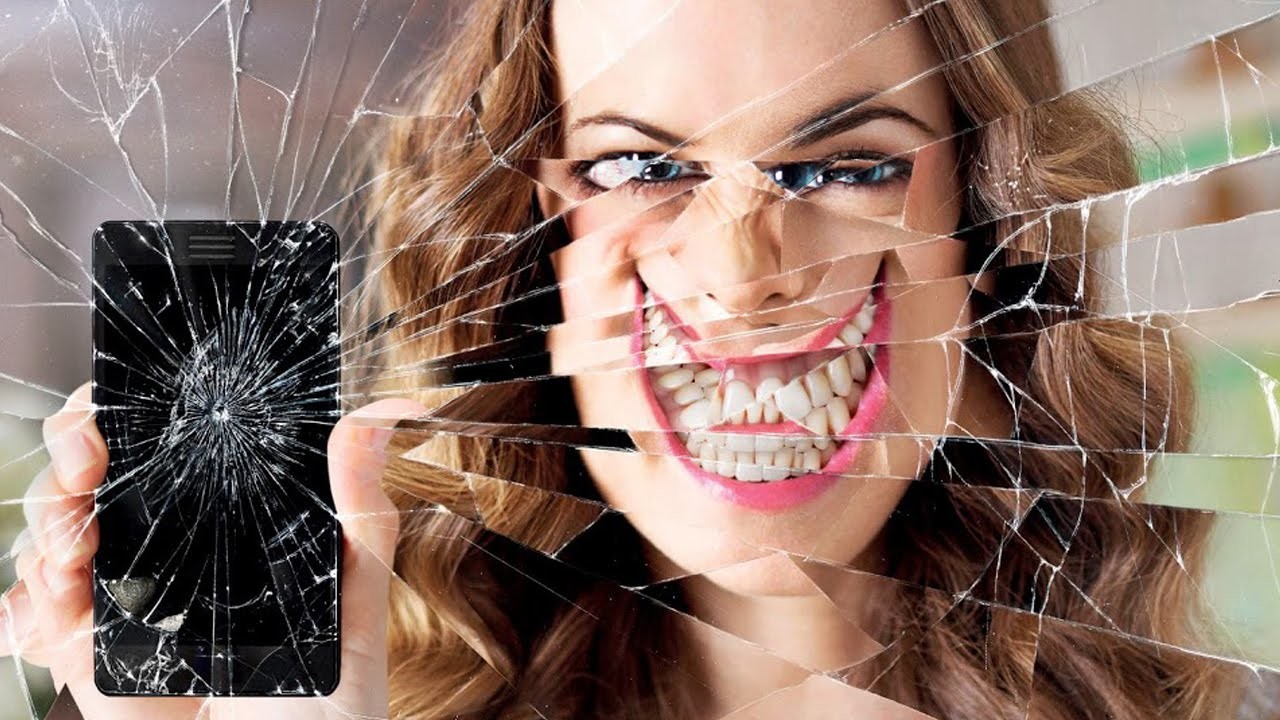With the popularity of Black Mirror, Zaki Kaf Al-Ghazal asks whether this content is as fictional as we think. (Warning: spoilers ahead!)
I came across this fascinating series quite recently and was piqued by how it takes our use of technology and develops it frighteningly, enmeshing our entire livelihoods with this modern phenomenon. It’s a real eye opener on how dependent we have become on gadgets and how the effect of just a small hand held device can have shattering consequences for who we are and how we interact.
The particular episode that I saw worthy of honing in on was the one that impacted me the most – season three episode one ‘Nosedive’, starring the American actress Bryce Dallas Howard. It was a hard hitting watch and the crux of it involved a time in the future where society’s interactions were ultimately driven by a “rating system” of other people; be they family, friends, co-workers, classmates and even random passers-by. Anyone you would interact with you would give a rating out of five and hope that the other person would give you a high rating (this is done on mobile phones in the same way you rate Uber drivers after a cab ride). You would assign someone a rating (For example 4.1/5) and get notified when you’re assigned a rating too.
The episode begins with Lacie (Bryce Dallas Howard) looking to move away to a more exclusive neighbourhood – though she lacks the magical 4.5 rating to do so. She is offered an opportunity to increase her rating by being her best friend Naomi’s (Alice Eve) maid of honour at her wedding (her friend is a 4.8) and interacting with fellow “high fliers”. Lacie and Naomi need each other’s presence to increase their respective ratings. Though the friendship gives off a strong vibe, it is fake and this is communicated to the viewer from the beginning. Lacie misses a flight and ends up getting into a few heated arguments and ultimately a rented car fails her. She ends up hitchhiking with a female lorry driver who is lower than a 2.0, practically unheard of in the futuristic society. Lacie is forced into getting in and is told a story by the driver about how ratings should not be as significant as everyone give them credit to be. Lacie then receives an angry call from Naomi demanding an explanation for her lateness and her low rating and she decides to “un-invite” her from the wedding last minute.
Lacie is, however, determined to attend the wedding and attend she does; she uses it as an opportunity to voice her frustrations about the superficial society and its focus on ratings, as she feels she has nothing left to lose. Her “rating” is at rock bottom and she lets loose. She is apprehended by security and the episode ends with her screaming at a fellow inmate in prison.
The end of the episode is especially poignant, with Lacie screaming with rage at her fellow inmate and him screaming back. Both lacking their phones, it’s interesting to hear liberated expression. Whilst she is in prison and angry the relief on her face implies that she’s free from the constraining society she once lived in. It’s fascinating to see how this irony plays out through this end scene. In many ways, ‘Nosedive’ portrays a society in a social media prison, where every individual who wants to practice humanity and honesty is stuck within a jail of perfection.
The episode illustrates something deeper within the ‘like’ and oversharing era we are living in right now. It takes our Facebook and Instagram experiences to extremes and shows how society as a whole can be skewed by other’s perceptions. The fact that you need a specific rating to live an exclusive life gives it all away. A form of ‘social apartheid’ develops as those with higher ratings then shun those with lower ratings and isolate themselves, worried they’ll be “infected”. It’s a fascinating take on social media and how it displays just a snapshot of peoples’ lives. The fact that you can be rated if you’re only a passer-by speaks volumes about this system and how superficial it actually is.
The worrying matter is that is hits frighteningly close to home. As much as many people hate to admit this, we tend to validate our self-worth on social media. How many ‘likes’ we receive on a Facebook post or Instagram photo helps to give us a ‘value’. If we get x number of likes we’re worth this much and so on. As cliché as it sounds, however, social media really isn’t real. It is just a snapshot of what is going in one person’s life at that time. Beyond the exterior we are all facing our own problems; though displaying anxieties isn’t ‘likeworthy’. The stratification of society based on social media is neither morally correct nor productive.
It’s encouraging to see more social media figures talk about their experiences honestly. The Instagram model Essena O’Neil, who quit the app last year and suffered a huge backlash, spoke honestly about doctored pictures, perfect poses and small snapshots giving off a vibe of serenity which in reality covered darkness and depression. The oversharing culture we live in has serious ramifications for mental health as we wrongly compare and compete – when we’re purposely at different stages of our lives. We need to engage with the matter at hand and deal with the problem head on.
Social media is no doubt a wonderful thing; but if society’s not careful ‘Nosedive’ could one day become our reality.
Zaki Kaf Al-Ghazal

